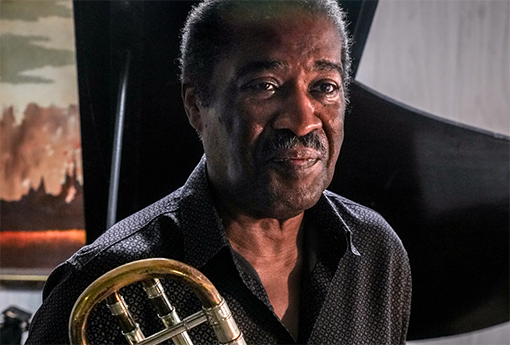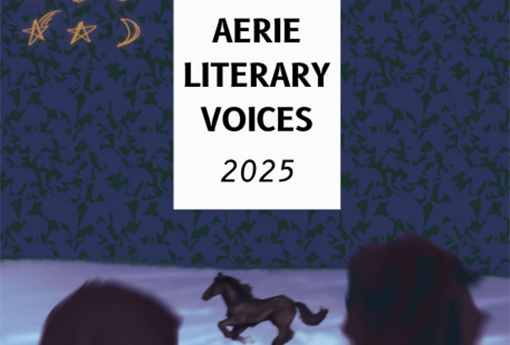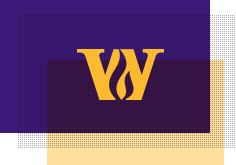
Wheeler’s Academic Promise: A Conversation with Head of Strategic Innovation Young Un
January 25, 2024
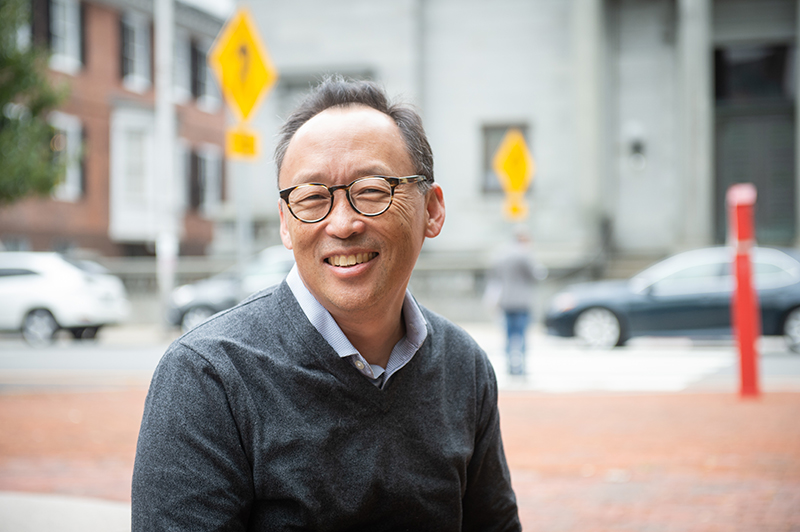
You may contact Young Un via email at youngun@wheelerschool.org or reach him at (401) 421-8100 ex. 2125.
What is the academic experience like at Wheeler, be it in the studios and classrooms of our Providence campus, or the natural learning environment at Wheeler Farm? What will that experience look like in the future? These are just a few of the topics we cover in this wide-ranging conversation with Wheeler’s Head of Strategic Innovation Young Un.
Q: You often talk about Wheeler’s “academic promise.” What is our academic promise, and what does that mean in practice across all grades at Wheeler?
A: When I refer to Wheeler’s academic promise, I focus on the beliefs stated in the green field of the document below. It’s the so-called Promise Doc, because it’s a distillation from Wheeler’s Strategic Design, which in turn is based on the Mission Statement, “to learn our powers and be answerable for their use.” The beliefs in the Promise Doc speak to accomplishments and aspirations, so as a motivational piece for our faculty and staff, it is the right balance of things we have done well for a long time and things we need to develop. There are clear themes, like the curiosity and agency of the student, that run throughout all of the beliefs. Another theme is that we teach our students that they exist in and benefit from community, be it on campus or in the world.
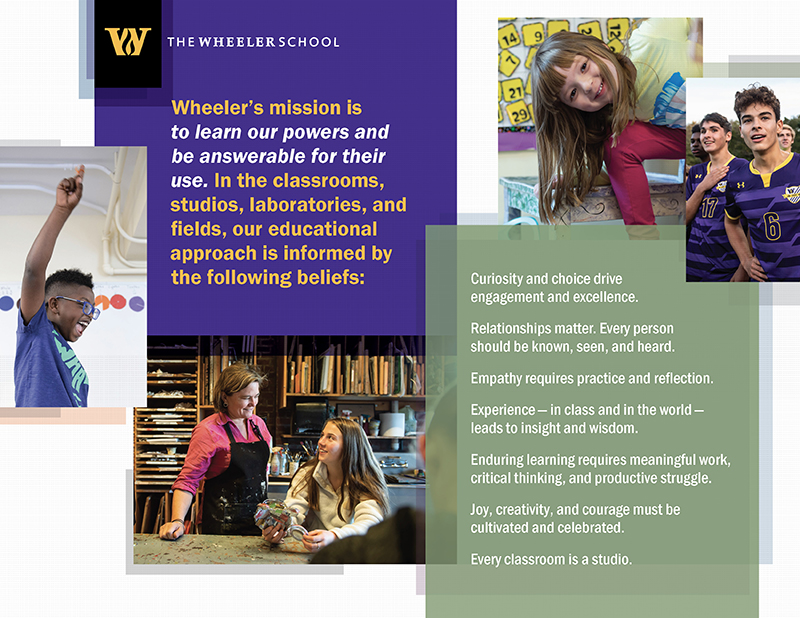
Q: Can you tell me more about how the academic promise is connected to our mission?
A: The way I interpret the mission statement is that Wheeler community members are driven by learning that enriches the self and community (both the school community and the community outside of school.) The learning is designed to be transformational and relational. The mission statement makes the process of learning a commitment to oneself and others around you. With this commitment in mind, the Promise Doc emphasizes words like engagement, relationships, empathy, experience in class and the world, and studio. These words can’t or don’t often happen in a vacuum; they depend on learners taking into account their immediate world and the world beyond campus.
Q: Wheeler works to provide a personalized, rigorous, and joyful education for every student. How do we do that, and what are some examples?
A: The best examples of personalized learning are Aerie and Cityside. In both programs, the curiosity and questions of learners are central. In Aerie, a student wonders about brain science. After an inevitable “yes” from Aerie Director Mark Harris, that student is engaged in a course on neuroscience taught by someone with an equal or greater curiosity. A Cityside group of 8th-graders work with a local Afghan grocery store owner and in the process learn first hand about the refugee crisis in Afghanistan and about Rhode Island’s role in refugee resettlement. The students publish a cookbook–available at the store and in the local library–featuring many of the spices sold in the grocery.
Rigorous isn’t a word I use to describe Wheeler’s academics. When I think of rigor, I think of stiff, cold, and inflexible. Wheeler academics are dynamic, relational, and require students to engage in productive struggle, which implies the importance of and learning from failure in that process. If you were to walk around the Middle School during the middle of the day, you would see this kind of vibrant education at every turn, not just in the classroom but in common spaces. In history classes, teachers ask synapse-firing questions. In Wheeler Hall, students improvise scenes according to a set of age-tested rules. In math class, “skill and drill” gives way to complex problem-solving. If we were to see the fMRI of the brains of Wheeler students in just a single day, we would see large parts of their brains lit up. Imagine the impact of a week, year, or career on our fortunate students.
Joy is everywhere at Wheeler and not just in joyful periods like recess, PE, and lunch. Joy is a key operational mode at the farm, where 3rd-graders build a two-story structure lashing large branches together. Such ambitious building involves communication and collaboration, an evolving knowledge of physics, and teachers who know when to step back and when to step in. The students experience all of this as joy. Joy is also a feature on the city campus. In an Upper School math class, students apply their newly-acquired knowledge of data science to fun (and some serious) outdoor sidewalk chalk graphs showing their data analyses of their world. Lower Schoolers walk by (and sometimes on) the graphs and charts trying to figure out their significance. Again, the Upper Schoolers experience this deep learning as joy, rather than as a pedagogy.
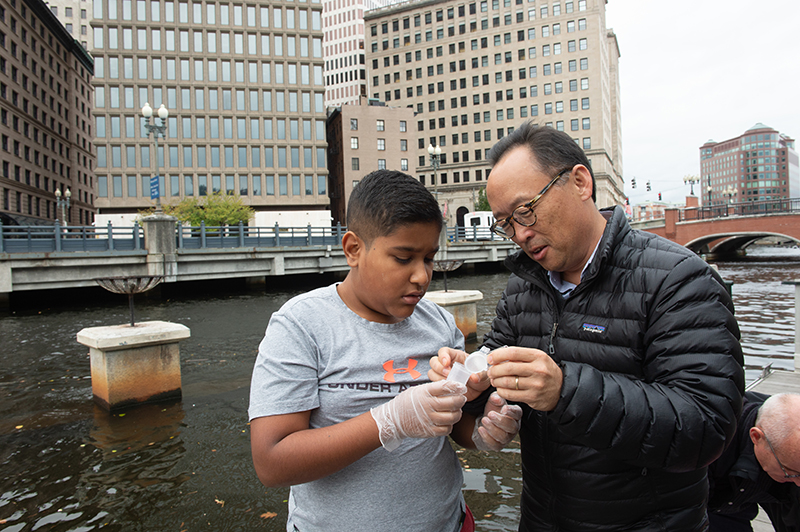
Q: As you just mentioned, Wheeler is one school with two campuses–in the city and on the farm. What are the benefits of having access to both, and how do we incorporate them together into our academic life?
A: I like to think of Wheeler as having three learning centers–the city campus, the farm, and WaterFire Arts Center (WFAC), the home of the Cityside program. I also like to think of the farm and WFAC as both professional development labs for faculty and staff and as places where students can experience real-world (natural and built) learning and apply the incredible education they get in the city campus. Constructing water rockets in the 6th-grade Farm Program is more rewarding because of the education students have gotten in all their previous classes that emphasize process and experimentation. Cityside students writing a podcast on neighborhood-level environmental issues benefit from all their writing and science classes. Without programs like Cityside and all of the farm programs, the academics on the city campus run the risk of learning in a vacuum (i.e. learning our powers but not being answerable for their use) Without the city campus experience, the learning at WFAC and in Seekonk (where Wheeler Farm is located) run the risk of experience without substance (i.e. not learning our true powers). Having all three learning centers enables us to be aligned with our mission.
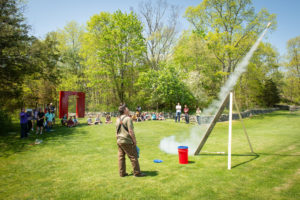
Q: How does the Aerie enrichment program connect with our core academic experience, and what sort of freedom do students have in choosing their academic path at Wheeler?
A: My view of this connection is a big picture one. Because of Aerie and programs like it, student curiosity and motivation are validated. I don’t know of a single faculty member who doesn’t want these two attributes in their students. Learner agency and positive energy are the fuel that runs most classrooms. Wheeler teachers know how to use this energy source to make incredible things happen.
At a more granular level, students can enrich their already challenging course through Aerie. Wheeler students can experience the best “both-and” experience–both the best education a student can get and an individualized, sometimes non-conventional strand (e.g. deep experiences in radio and video production or in VR technology). It’s the best of both educational worlds. Inspired by their teachers of writing, students have advocated and gotten writing tutorials ranging from novel to poetry writing. In turn, these Aerie writing tutorials enrich the writing experience in conventional classrooms. It’s the best kind of positive feedback loop.
Q: How does our academic approach prepare students for the future, whether that means moving up from Middle to Upper School, or preparing for college or a career?
A: Our educational approach is “both-and,” not “either-or.” I have a fundamental belief in the importance of the basics, like, but not limited to, reading, writing, and math. I think a well-delivered lecture is still relevant and necessary. This emphasis on fundamentals, however, isn’t enough and in fact, has never been enough. We need to provide students with meaningful real-world opportunities to practice and apply skills. We need to present our students with challenging, complex problems to apply these skills. We need to give students real opportunities to choose how and what they want to learn so they gain confidence and competence. I believe that our graduates possess an excellent foundation in the basic skills, a belief and confidence that they know how to apply these skills widely, and a sense of engagement with the world around them. I believe the society and economy our early childhood students will enter after their graduation from high school will require excellent basic skills, the ability to collaborate and communicate, deep respect and embrace of diversity, and the willingness to solve complex, systems-based problems such as structural inequality and climate change. I think our evolving approach will prepare the students well for their future.
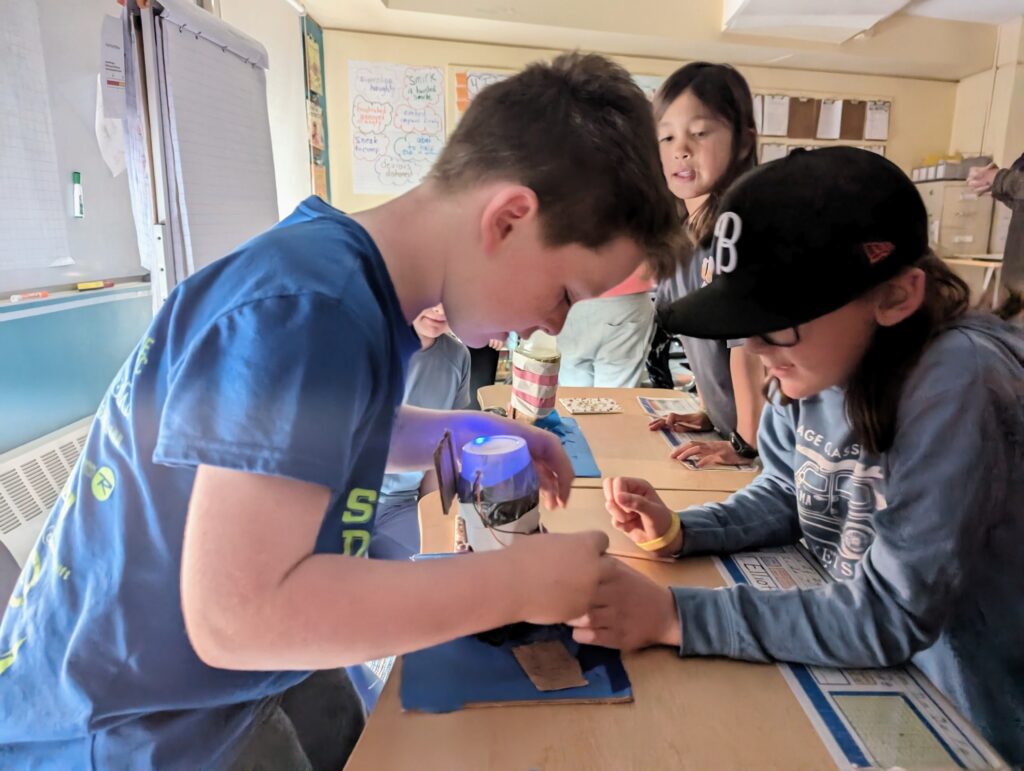
Q: Wheeler recently launched the Whole Life Seminar, or WheeLS. What is it, why did we create it, and what does it mean for our students?
A: The WLS recognizes that in this world issues of health and wellness, diversity, community engagement, and technology are increasingly becoming intertwined in the lives of students today. If you were to interview any Upper Schooler about their worries about the world, you would most likely hear students worry about things like anxiety, global climate change, and the economy. The WLS integrated approach encourages students to talk to one another about these and other complex, systemic problems; it fosters as much personal development as it encourages community-based thinking and action.
Q: Now for a few questions about you. How long have you been working at Wheeler, what has that experience been like, and what are your duties as Head of Strategic Innovation?
A: I started at Wheeler in 1990, and my experience here mirrors my thoughts on what makes a Wheeler education incredible for our students. It’s been joyful. I have been able to ask questions, act on my curiosity, challenge myself, and work with the smartest, most capable people around. The school community is dynamic and fun. I’m a much better person because of my Wheeler experience. There are also a lot of dog fanatics and left handers.
In terms of my duties, at a general level, I get to look into the future and prepare the school for that future. I’m involved in a lot of things: collaborating with a wide range of colleagues to set the professional development plans for the school, helping to develop and evaluate our signature programs, facilitating hiring and crafting hiring practices, and growing the capacity of the faculty and staff. I also enjoy teaching in the Cityside program. I also do a variety of other things that Allison, our Head of School, asks me to do.
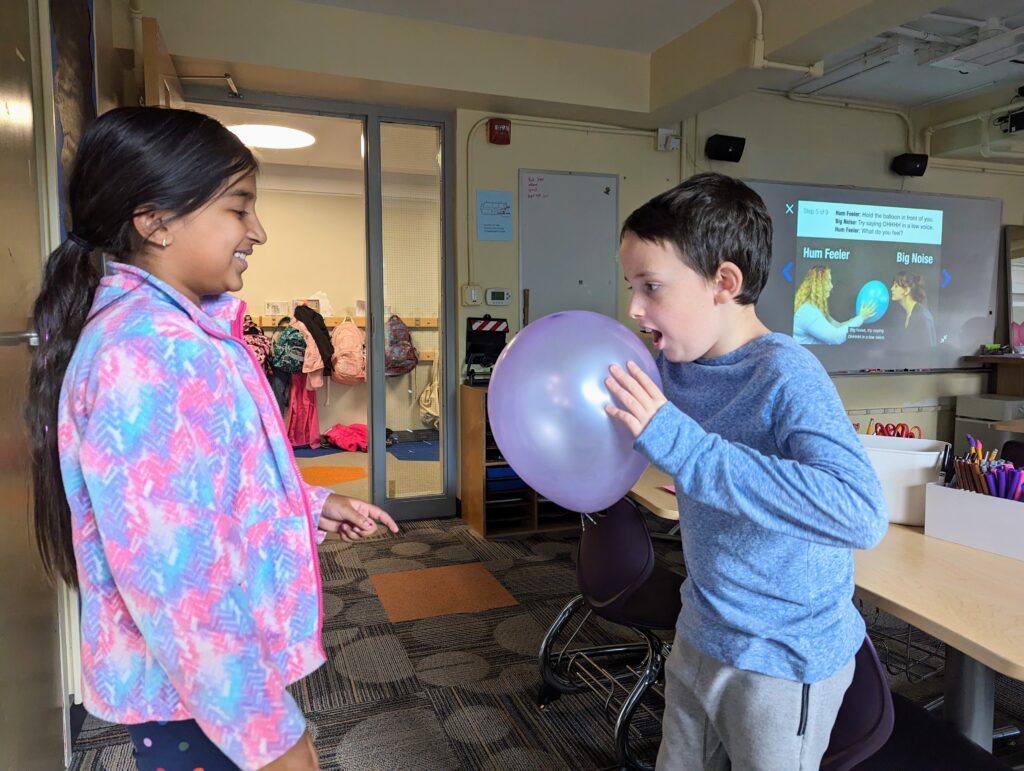
Q: There has always been and always will be emerging technology that can be applied to the learning experience. What has been Wheeler’s approach to identifying, evaluating, and integrating new tools and processes into our academic vision?
A: In my opinion, we should not treat technology, be it a laptop, phone, or 3-D printer, as an end unto itself. We should view these and other technologies as tools or as means to improve the learning experience of our students and the teaching experience of faculty. Phone use is and has been hotly debated in the school. Students and adults for that matter are, at times, distracted and numbed by their phones. We have seen, however, creative uses for the phone. As the camera and video functions of phones have improved, their use has increased by students who want to tell a visual and complex story. All this said, I’m torn about a school-wide system for identifying, evaluating, and integrating new technologies. We have been successful in having a vanguard approach to teaching innovation where a group of faculty has pioneered and problem-solved the use of an innovation and then promoted its use to the group watching the vanguard. I can be convinced, however, of a different, more systematic way.
Q: You’ve said that as Head of Strategic Innovation, you’re someone who is always looking ahead. What do you think is in store for the future of academics at Wheeler?
A: I think the future of Wheeler academics will bend towards the future of society in general but hopefully without losing sight of its core mission. Creativity, collaboration, problem-solving, interdisciplinary and systems thinking, emotional intelligence, cultural competence or humility, and the desire and ability to reinvent oneself are what many future-oriented thinkers are labeling 21st-century skills that all schools should teach. The 21st-century pedagogy centers on developing skills and competencies and deemphasizes knowledge acquisition. I agree with the importance of teaching these and other 21st-century skills and also think teachers imparting knowledge to their students still has a vital place. In 8th-grade history, we used to teach the basics of Periclean Athens. Almost all of the facts and concepts students learned are relevant today, especially in our politically fractured, polemical world. When co-teacher Joe Baer and I created units connecting Periclean Athens to current events, students melded their knowledge and 21st-century skills in powerful learning about democracy. They reinvented a nearby neighborhood park based on input from community members and developed plans Pericles would have endorsed. In short, I think the future of academics at Wheeler is a constructive blend of tradition and change, of Wheelerizing innovation, and of staying true to our mission.
